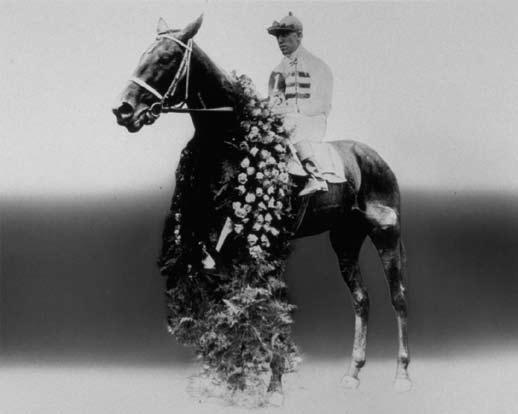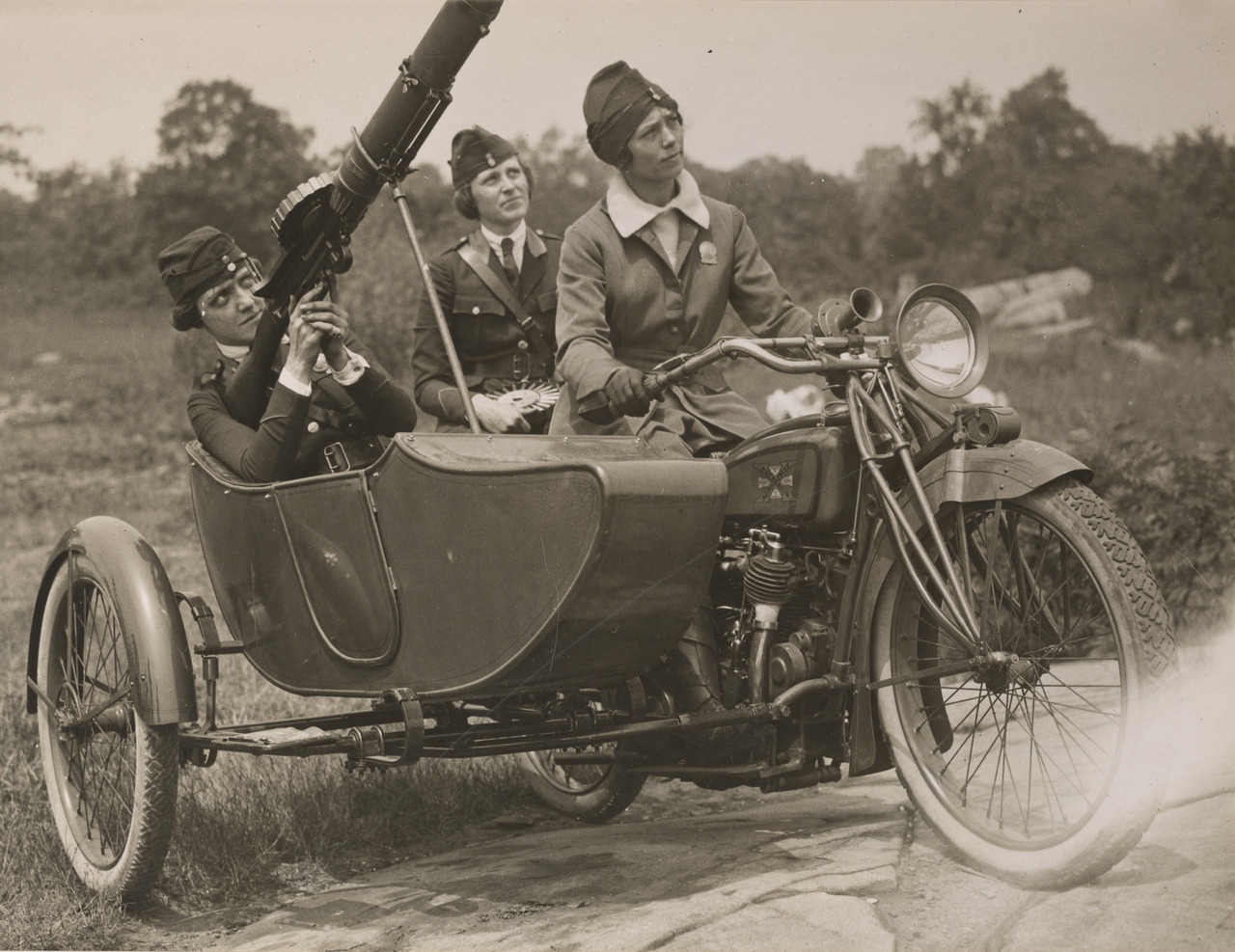Then the LORD answered Job out of the storm and said:
2Who is this who darkens counsel
with words of ignorance?
3Gird up your loins now, like a man;
I will question you, and you tell me the answers!
4Where were you when I founded the earth?
Tell me, if you have understanding.
5Who determined its size? Surely you know?
Who stretched out the measuring line for it?
6Into what were its pedestals sunk,
and who laid its cornerstone,
7While the morning stars sang together
and all the sons of God shouted for joy?
8Who shut within doors the sea,
when it burst forth from the womb,
9When I made the clouds its garment
and thick darkness its swaddling bands?
10When I set limits for it
and fastened the bar of its door,
11And said: Thus far shall you come but no farther,
and here shall your proud waves stop?
12Have you ever in your lifetime commanded the morning
and shown the dawn its place
13For taking hold of the ends of the earth,
till the wicked are shaken from it?
14The earth is changed as clay by the seal,
and dyed like a garment;
15But from the wicked their light is withheld,
and the arm of pride is shattered.
16Have you entered into the sources of the sea,
or walked about on the bottom of the deep?
17Have the gates of death been shown to you,
or have you seen the gates of darkness?
18Have you comprehended the breadth of the earth?
Tell me, if you know it all.
19What is the way to the dwelling of light,
and darkness—where is its place?
20That you may take it to its territory
and know the paths to its home?
21You know, because you were born then,
and the number of your days is great!
22Have you entered the storehouses of the snow,
and seen the storehouses of the hail
23Which I have reserved for times of distress,
for a day of war and battle?
24What is the way to the parting of the winds,
where the east wind spreads over the earth?
25Who has laid out a channel for the downpour
and a path for the thunderstorm
26To bring rain to uninhabited land,
the unpeopled wilderness;
27To drench the desolate wasteland
till the desert blooms with verdure?
28Has the rain a father?
Who has begotten the drops of dew?
29Out of whose womb comes the ice,
and who gives the hoarfrost its birth in the skies,
30When the waters lie covered as though with stone
that holds captive the surface of the deep?
31Have you tied cords to the Pleiades,
or loosened the bonds of Orion?
32Can you bring forth the Mazzaroth in their season,
or guide the Bear with her children?
33Do you know the ordinances of the heavens;
can you put into effect their plan on the earth?
34Can you raise your voice to the clouds,
for them to cover you with a deluge of waters?
35Can you send forth the lightnings on their way,
so that they say to you, “Here we are”?
36Who gives wisdom to the ibis,
and gives the rooster understanding?
37Who counts the clouds with wisdom?
Who tilts the water jars of heaven
38So that the dust of earth is fused into a mass
and its clods stick together?
39Do you hunt the prey for the lion
or appease the hunger of young lions,
40While they crouch in their dens,
or lie in ambush in the thicket?
41Who provides nourishment for the raven
when its young cry out to God,
wandering about without food?Do you know when mountain goats are born,
or watch for the birth pangs of deer,
2Number the months that they must fulfill,
or know when they give birth,
3When they crouch down and drop their young,
when they deliver their progeny?
4Their offspring thrive and grow in the open,
they leave and do not return.
5Who has given the wild donkey his freedom,
and who has loosed the wild ass from bonds?
6I have made the wilderness his home
and the salt flats his dwelling.
7He scoffs at the uproar of the city,
hears no shouts of a driver.
8He ranges the mountains for pasture,
and seeks out every patch of green.
9Will the wild ox consent to serve you,
or pass the nights at your manger?
10Will you bind the wild ox with a rope in the furrow,
and will he plow the valleys after you?
11Will you depend on him for his great strength
and leave to him the fruits of your toil?
12Can you rely on him to bring in your grain
and gather in the yield of your threshing floor?
13The wings of the ostrich flap away;
her plumage is lacking in feathers.
14When she abandons her eggs on the ground
and lets them warm in the sand,
15She forgets that a foot may crush them,
that the wild beasts may trample them;
16She cruelly disowns her young
and her labor is useless; she has no fear.
17For God has withheld wisdom from her
and given her no share in understanding.
18Yet when she spreads her wings high,
she laughs at a horse and rider.
19Do you give the horse his strength,
and clothe his neck with a mane?
20Do you make him quiver like a locust,
while his thunderous snorting spreads terror?
21He paws the valley, he rejoices in his strength,
and charges into battle.
22He laughs at fear and cannot be terrified;
he does not retreat from the sword.
23Around him rattles the quiver,
flashes the spear and the javelin.
24Frenzied and trembling he devours the ground;
he does not hold back at the sound of the trumpet;
25at the trumpet’s call he cries, “Aha!”
Even from afar he scents the battle,
the roar of the officers and the shouting.
26Is it by your understanding that the hawk soars,
that he spreads his wings toward the south?
27Does the eagle fly up at your command
to build his nest up high?
28On a cliff he dwells and spends the night,
on the spur of cliff or fortress.
29From there he watches for his food;
his eyes behold it afar off.
30His young ones greedily drink blood;
where the slain are, there is he.
The L
ORD then answered Job and said:
2Will one who argues with the Almighty be corrected?
Let him who would instruct God give answer!
3Then Job answered the LORD and said:
4 Look, I am of little account; what can I answer you?
I put my hand over my mouth.
5I have spoken once, I will not reply;
twice, but I will do so no more.
6Then the LORD answered Job out of the storm and said:
7Gird up your loins now, like a man.
I will question you, and you tell me the answers!
8 Would you refuse to acknowledge my right?
Would you condemn me that you may be justified?
9Have you an arm like that of God,
or can you thunder with a voice like his?
10Adorn yourself with grandeur and majesty,
and clothe yourself with glory and splendor.
11Let loose the fury of your wrath;
look at everyone who is proud and bring them down.
12Look at everyone who is proud, and humble them.
Tear down the wicked in their place,
13bury them in the dust together;
in the hidden world imprison them.
14Then will I too praise you,
for your own right hand can save you.
15Look at Behemoth, whom I made along with you,
who feeds on grass like an ox.
16See the strength in his loins,
the power in the sinews of his belly.
17He carries his tail like a cedar;
the sinews of his thighs are like cables.
18His bones are like tubes of bronze;
his limbs are like iron rods.
19He is the first of God’s ways,
only his maker can approach him with a sword.
20For the mountains bring him produce,
and all wild animals make sport there.
21Under lotus trees he lies,
in coverts of the reedy swamp.
22The lotus trees cover him with their shade;
all about him are the poplars in the wadi.
23If the river grows violent, he is not disturbed;
he is tranquil though the Jordan surges about his mouth.
24Who can capture him by his eyes,
or pierce his nose with a trap?
25Can you lead Leviathan about with a hook,
or tie down his tongue with a rope?
26Can you put a ring into his nose,
or pierce through his cheek with a gaff?
27Will he then plead with you, time after time,
or address you with tender words?
28Will he make a covenant with you
that you may have him as a slave forever?
29Can you play with him, as with a bird?
Can you tie him up for your little girls?
30Will the traders bargain for him?
Will the merchants divide him up?
31Can you fill his hide with barbs,
or his head with fish spears?
32Once you but lay a hand upon him,
no need to recall any other conflict!
Whoever might vainly hope to do so
need only see him to be overthrown.
2No one is fierce enough to arouse him;
who then dares stand before me?
3Whoever has assailed me, I will pay back—
Everything under the heavens is mine.
4I need hardly mention his limbs,
his strength, and the fitness of his equipment.
5Who can strip off his outer garment,
or penetrate his double armor?
6Who can force open the doors of his face,
close to his terrible teeth?
7Rows of scales are on his back,
tightly sealed together;
8They are fitted so close to each other
that no air can come between them;
9So joined to one another
that they hold fast and cannot be parted.
10When he sneezes, light flashes forth;
his eyes are like the eyelids of the dawn.
11Out of his mouth go forth torches;
sparks of fire leap forth.
12From his nostrils comes smoke
as from a seething pot or bowl.
13His breath sets coals afire;
a flame comes from his mouth.
14Strength abides in his neck,
and power leaps before him.
15The folds of his flesh stick together,
it is cast over him and immovable.
16His heart is cast as hard as stone;
cast as the lower millstone.
17When he rises up, the gods are afraid;
when he crashes down, they fall back.
18Should a sword reach him, it will not avail;
nor will spear, dart, or javelin.
19He regards iron as chaff,
and bronze as rotten wood.
20No arrow will put him to flight;
slingstones used against him are but straw.
21Clubs he regards as straw;
he laughs at the crash of the spear.
22Under him are sharp pottery fragments,
spreading a threshing sledge upon the mire.
23He makes the depths boil like a pot;
he makes the sea like a perfume bottle.
24Behind him he leaves a shining path;
you would think the deep had white hair.
25Upon the earth there is none like him,
he was made fearless.
26He looks over all who are haughty,
he is king over all proud beasts.
Then Job answered the L
ORD and said:
2I know that you can do all things,
and that no purpose of yours can be hindered.
3“Who is this who obscures counsel with ignorance?”
I have spoken but did not understand;
things too marvelous for me, which I did not know.
4“Listen, and I will speak;
I will question you, and you tell me the answers.”
5By hearsay I had heard of you,
but now my eye has seen you.
6Therefore I disown what I have said,
and repent in dust and ashes.







































